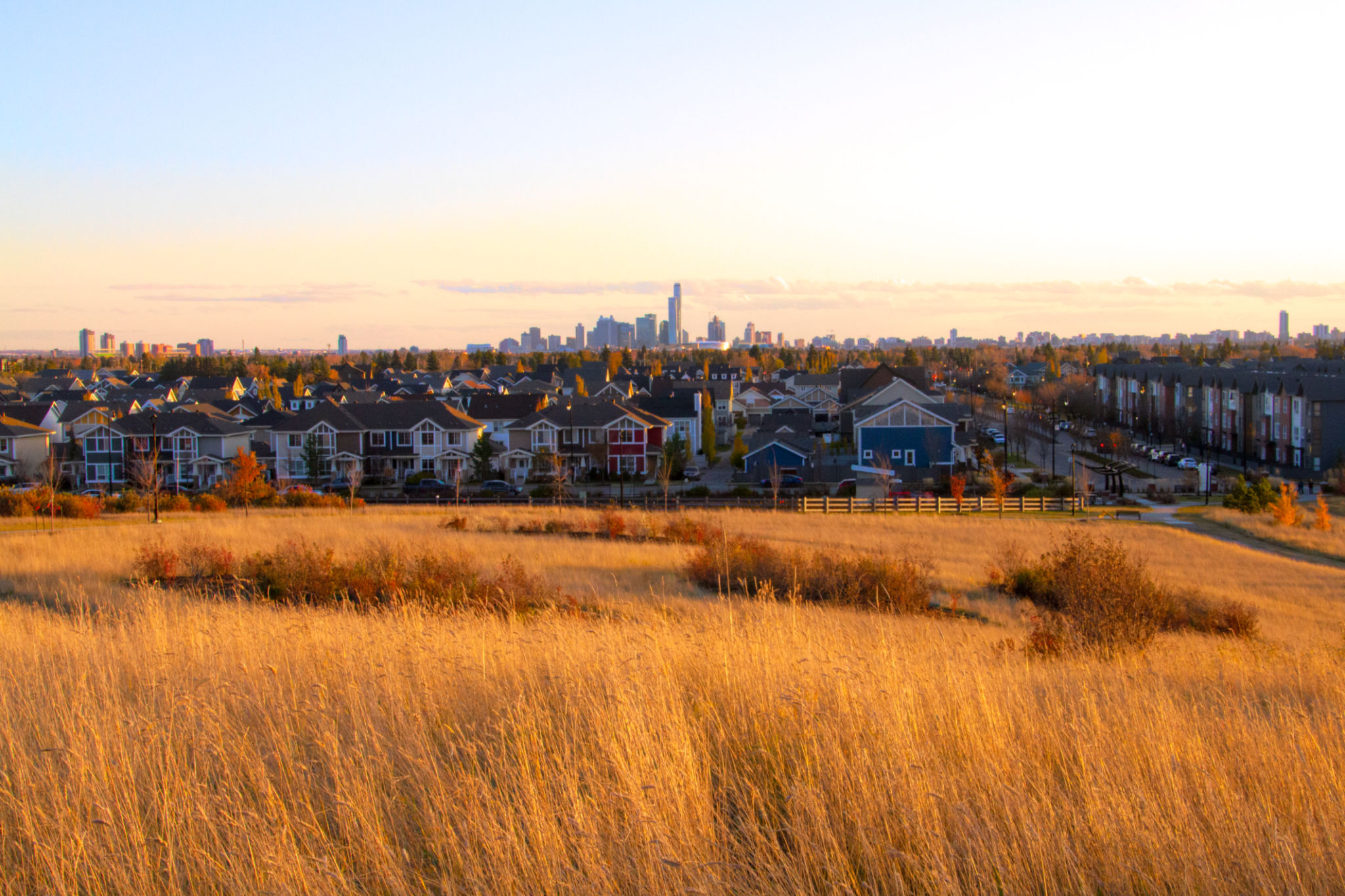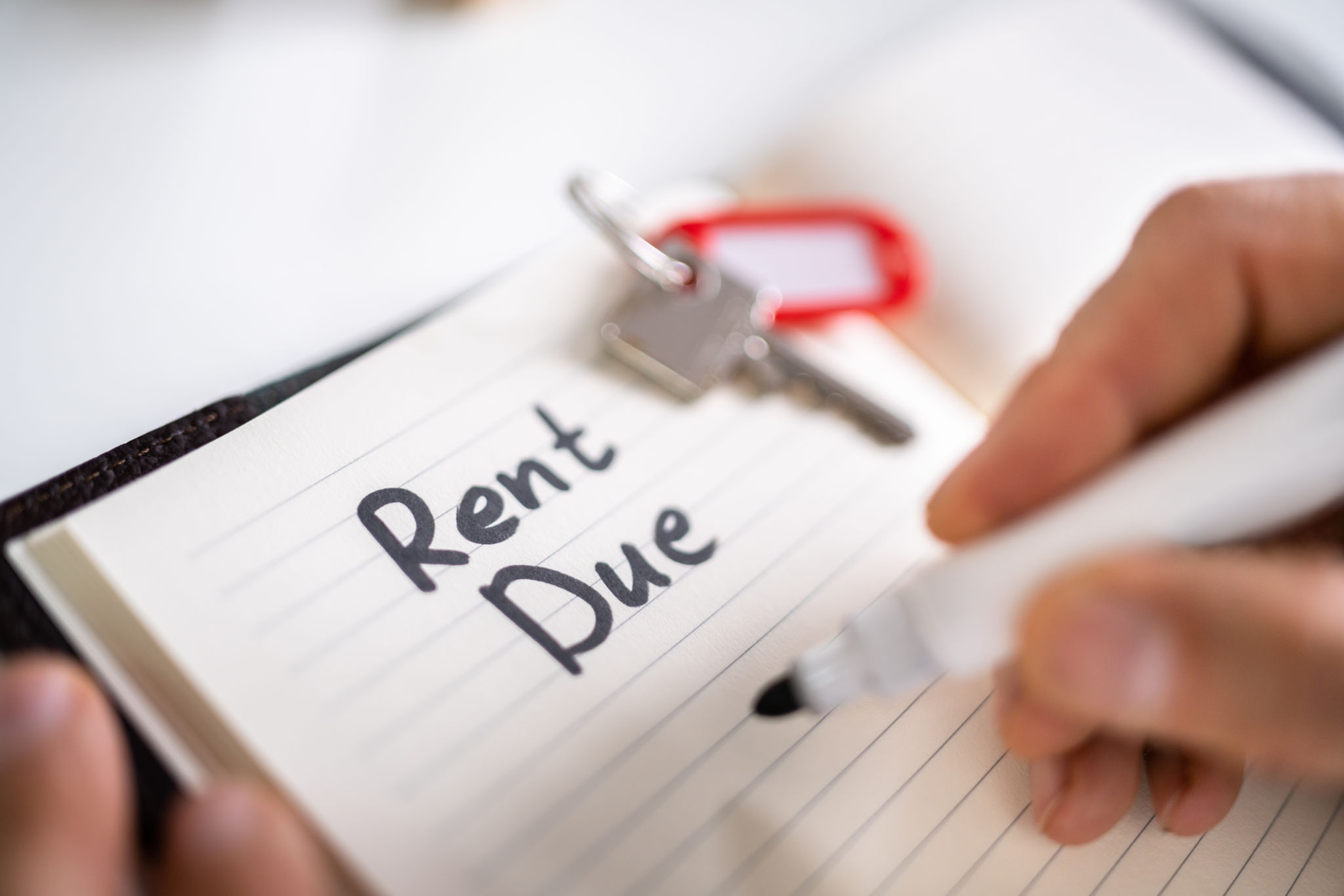Understanding Alberta’s Rental Regulations: A Landlord’s Guide
Introduction to Alberta’s Rental Regulations
Understanding the legal landscape of rental regulations in Alberta is crucial for landlords who wish to conduct their business smoothly and in compliance with the law. Alberta's rental laws are designed to balance the rights and responsibilities of both landlords and tenants, ensuring fair practices in the rental market. This guide aims to provide landlords with a comprehensive overview of these regulations.

The Residential Tenancies Act
At the core of Alberta’s rental regulations is the Residential Tenancies Act (RTA). This legislation outlines the rights and obligations of both landlords and tenants. One of the key aspects of the RTA is its emphasis on providing a framework for lease agreements, security deposits, and the resolution of disputes. As a landlord, it is essential to familiarize yourself with this act to avoid potential legal pitfalls.
Lease agreements in Alberta must comply with the RTA, which stipulates certain mandatory inclusions such as the duration of the lease, rent amount, and specific terms related to property maintenance. Ensuring that your lease agreements are aligned with these requirements will help prevent misunderstandings and legal issues.
Security Deposits and Rent Increases
Security deposits are a common practice in rental agreements and are regulated under the RTA. In Alberta, landlords can ask for a security deposit, but it cannot exceed one month’s rent. It is important to note that this deposit must be returned to the tenant at the end of the tenancy, minus any lawful deductions for damages or unpaid rent.

Regarding rent increases, landlords must adhere to specific rules set forth by the RTA. Rent can only be increased after a tenancy has continued for 12 months without an increase, providing tenants with a degree of financial stability. Furthermore, landlords must give tenants at least three months' written notice before the rent increase takes effect.
Property Maintenance and Repairs
Maintaining the rental property is a fundamental responsibility for landlords under Alberta's rental regulations. The RTA requires landlords to ensure that their properties meet minimum housing standards and are in a habitable condition. This includes ensuring that heating, plumbing, and electrical systems are functioning properly.
Tenants are responsible for keeping their rental units clean and reporting any necessary repairs. A good practice for landlords is to conduct regular inspections and promptly address any maintenance issues to prevent minor problems from becoming significant repairs.

Resolving Disputes
Disputes between landlords and tenants can arise over various issues, including unpaid rent or disagreements over repairs. Alberta provides a mechanism for resolving these conflicts through the Residential Tenancy Dispute Resolution Service (RTDRS). This service offers a faster and more cost-effective alternative to court proceedings for resolving disputes.
Landlords should consider utilizing this service when disputes cannot be resolved amicably. It is advisable to keep thorough documentation of all communications and agreements with tenants to support your case if a dispute arises.
Conclusion
Being well-versed in Alberta’s rental regulations is essential for landlords who wish to manage their properties effectively while avoiding legal issues. By understanding the Residential Tenancies Act, adhering to rules regarding security deposits and rent increases, maintaining properties diligently, and knowing how to handle disputes, landlords can create positive experiences for themselves and their tenants. Staying informed and compliant with these regulations will not only protect your interests but also foster a harmonious landlord-tenant relationship.
